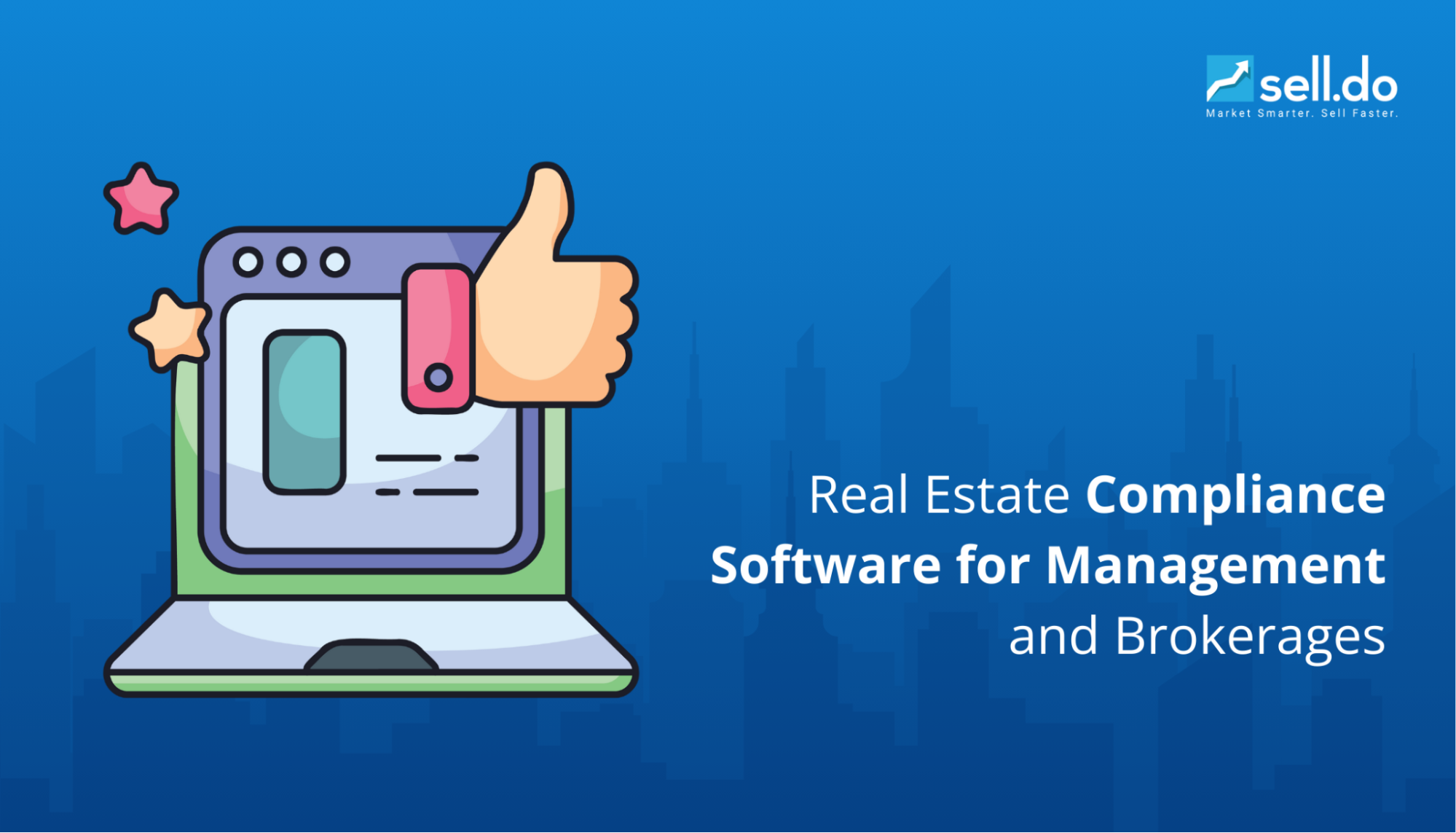A resume is often your first opportunity to make a strong impression on potential employers. In the competitive field of real estate, a well-structured resume is even more crucial. To stand out to leading firms and secure top projects, your real estate development resume should not only reflect your experience but also highlight your ability to drive successful outcomes in complex projects. The key is structuring your resume to clearly present your career progression, emphasize your expertise, and demonstrate the value you can bring to a company.
In this guide, we’ll show you how to create a winning real estate development resume that catches the attention of employers. Let’s dive in!
Key Sections for a Real Estate Developer Resume
Employers spend only a few seconds scanning resumes, so each section must be concise, clear, and impactful. Here are the key sections to include, along with practical tips to draft a good real estate development resume:
-
Header with Personal Details
The header of your resume is the first thing recruiters notice, and it should immediately provide your key personal and contact details. A well-structured header ensures that recruiters can reach you easily and perceive you as professional and organized. Below are the key elements you should include:
- Full Name: Write your name clearly in bold or slightly larger font. Avoid using nicknames.
- Professional Title: Mention your current or desired role (e.g., Real Estate Developer).
- Phone Number: Include a working phone number with the correct country code.
- Email Address: Use a professional email ID, preferably your name (e.g., firstname.lastname@email.com). Avoid casual or outdated email IDs.
- LinkedIn Profile or Portfolio: If you have an updated LinkedIn profile or a portfolio showcasing your work, include the link to give recruiters quick access to your professional background. Ensure these links are active and correctly formatted.
Pro Tip: Avoid unnecessary details like your full address; mentioning your city is sufficient if needed. Ensure all contact details are accurate, up-to-date, and free of typos or errors, keeping the header clean and simple.
 Craft the perfect emails for any situation!
Craft the perfect emails for any situation! -
Professional Summary
The professional summary is a concise yet impactful section that serves as your elevator pitch. It provides a quick overview of your skills, experience, and achievements to grab the recruiter’s attention. This section should focus on your value to potential employers by highlighting key accomplishments and metrics that demonstrate your capabilities. Additionally, tailoring this summary to the specific role you’re applying for ensures relevance and maximizes impact.
Pro Tip: To maintain clarity and attention, reduce your summary to 3-4 sentences. Include demonstrable successes in the form of numbers or percentages, and ensure that your abilities and expertise are relevant to the job description.
Do you need help keeping track of leads?
Try Sell.do to stay organized, improve your productivity and close more deals!
-
List your Work Experience
The work experience section is the heart of a real estate development resume, showcasing your professional journey and the value you bring to prospective employers. Present your roles in reverse chronological order, starting with the most recent position. Focus on responsibilities, achievements, and metrics that demonstrate your impact. Use bullet points and action verbs to make your contributions clear and compelling.
Pro Tip: Focus on quantifiable achievements to showcase your impact, and use strong action verbs like "managed," "led," or "optimized" to start your bullet points.
-
Skills Section
The skills section of your real estate development resume highlights the specific abilities you bring to the table. It should include a mix of technical skills—like project management, financial analysis, and AutoCAD—as well as soft skills—such as leadership, negotiation, and communication. Organizing your skills into categories enhances readability and helps recruiters quickly spot the abilities that match the job requirements.
Pro Tips: List only relevant skills for the role you're applying for, and ensure you include both hard and soft skills to present a well-rounded profile.
 Check our blog for the best real estate landing pages!
Check our blog for the best real estate landing pages! -
Education and Certifications
Highlight your academic qualifications alongside relevant certifications that demonstrate your specialized knowledge in real estate development. Include your degree(s), institution name, and graduation year, along with any certifications that are crucial for the role, such as RERA Compliance Certification, LEED Accreditation, or Certified Real Estate Development Professional (CREDP). This section emphasizes both your educational background and your commitment to professional growth.
Pro Tip: Include degrees and certifications that are directly related to the real estate industry. For entry-level candidates, relevant coursework or projects can help strengthen your profile, while for experienced professionals, specialized certifications add credibility.
-
Projects and Affiliations (Optional)
The Projects & Achievements section is an excellent way to highlight your practical experience and the tangible outcomes of your work. Showcase significant projects you’ve led or contributed to, including details such as budgets, timelines, and outcomes. If you’ve worked on award-winning or government-approved developments, be sure to mention them. Additionally, include any industry awards, recognitions, or milestones that demonstrate your success in the real estate development niche.
Pro Tip: Focus on quality over quantity; select 2-3 projects that best showcase your skills and achievements. Use numbers and outcomes to highlight your impact, and don’t forget to mention any prestigious awards or recognitions you’ve received.
 Attract more prospects and boost your business!
Attract more prospects and boost your business! -
Professional Affiliations (Optional)
Including a Professional Affiliations section on your resume helps demonstrate your active involvement in the real estate industry and your commitment to staying updated with the latest trends and best practices. List memberships in reputable real estate associations and professional organizations that add value to your profile.
Pro Tips: Only include active memberships in recognized organizations, and if possible, mention any leadership roles or committee positions you hold.
Use quantifiable results to showcase your impact and ensure a clear, professional format that emphasizes your industry knowledge and experience.
Check the Top 10 Real Estate Marketing Tools!Once you've crafted the key content for your resume, it’s important to present it in a way that is visually appealing and easy to read.
Resume Design and Format
The design and format play a crucial role in making sure your qualifications stand out and that recruiters can quickly scan your resume. Here’s how to ensure your resume looks professional and is easy to navigate:
- Maintain a clean appearance: Keep the layout simple, avoiding clutter. Use ample margins and a clear structure to make your resume easy to read.
- Use modern fonts and white spaces: Opt for clean, professional fonts like Arial, Calibri, or Helvetica to ensure there’s enough white space to avoid overwhelming the reader.
- Choose chronological format based on strengths: If you have a solid work history, use a chronological format. For those with diverse skills or changing career paths, a functional format can highlight relevant skills.
- Emphasize important information: Use bold for section headings or key achievements and italics for less critical details to guide the reader’s eye.
A well-structured and visually appealing real estate developer resume ensures your qualifications are highlighted effectively, helping you make a strong first impression.

Real Estate Development Resume Samples
Below are a few sample real estate development resumes you can refer to:
Conclusion
To create an effective real estate developer resume, keep it concise and focused on your most relevant skills and achievements. Align each section with your career goals and the job you’re applying for, ensuring the content highlights your strengths. If needed, consider using professional templates or resources to streamline the process.
Additionally, if you’re a real estate professional looking to organize and manage client data seamlessly, tools like Sell.Do can be incredibly valuable. With its specialized CRM features, Sell.Do helps real estate teams stay organized and improve productivity, making it an ideal choice for developers and agents alike.
You can request a demo here to learn more.









Leave a comment
Comments (0)
Be the first one to comment.